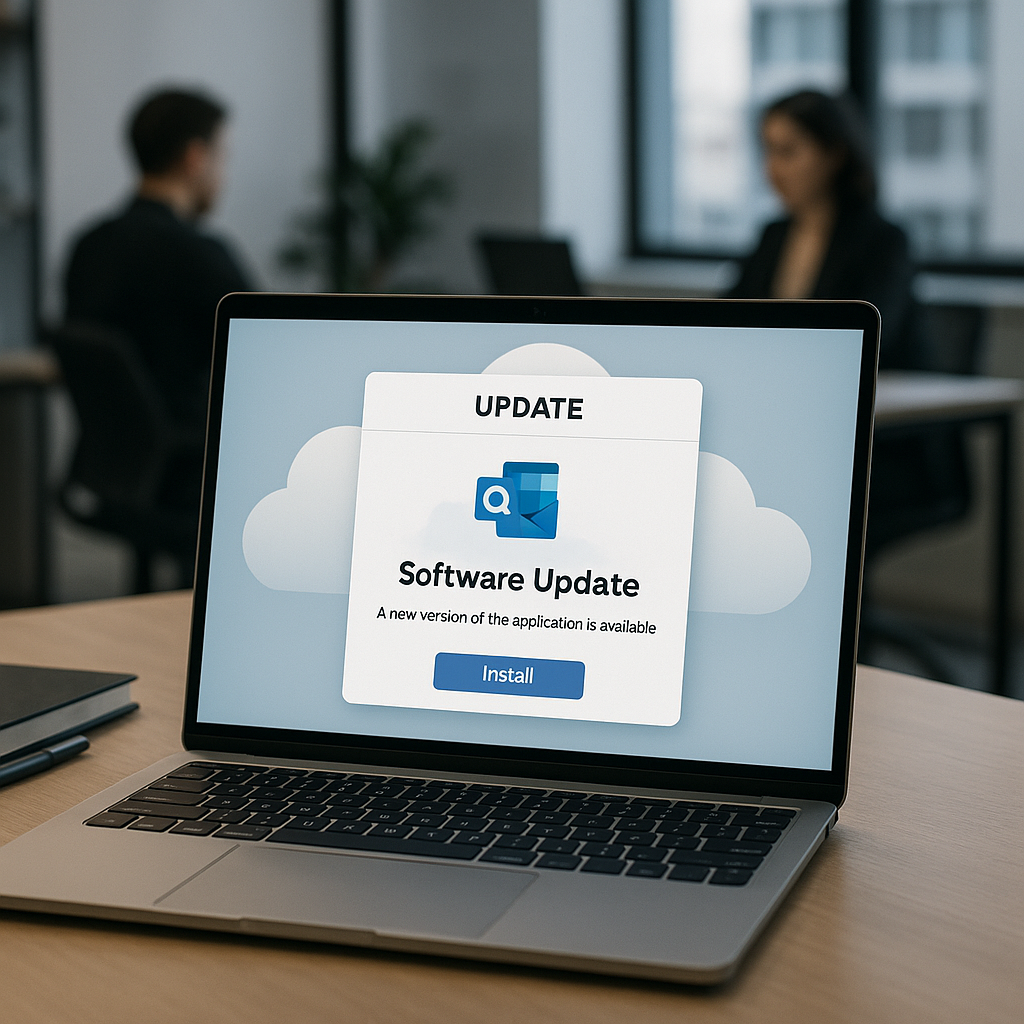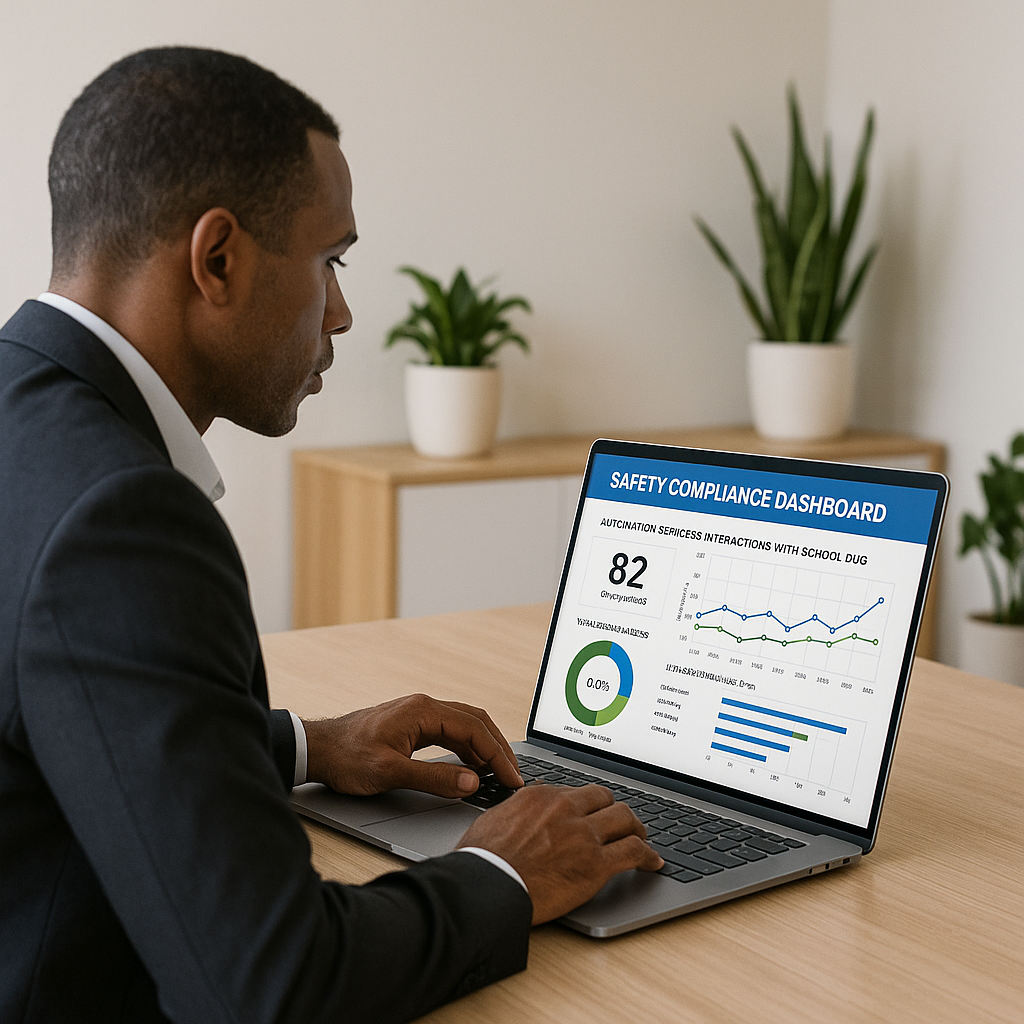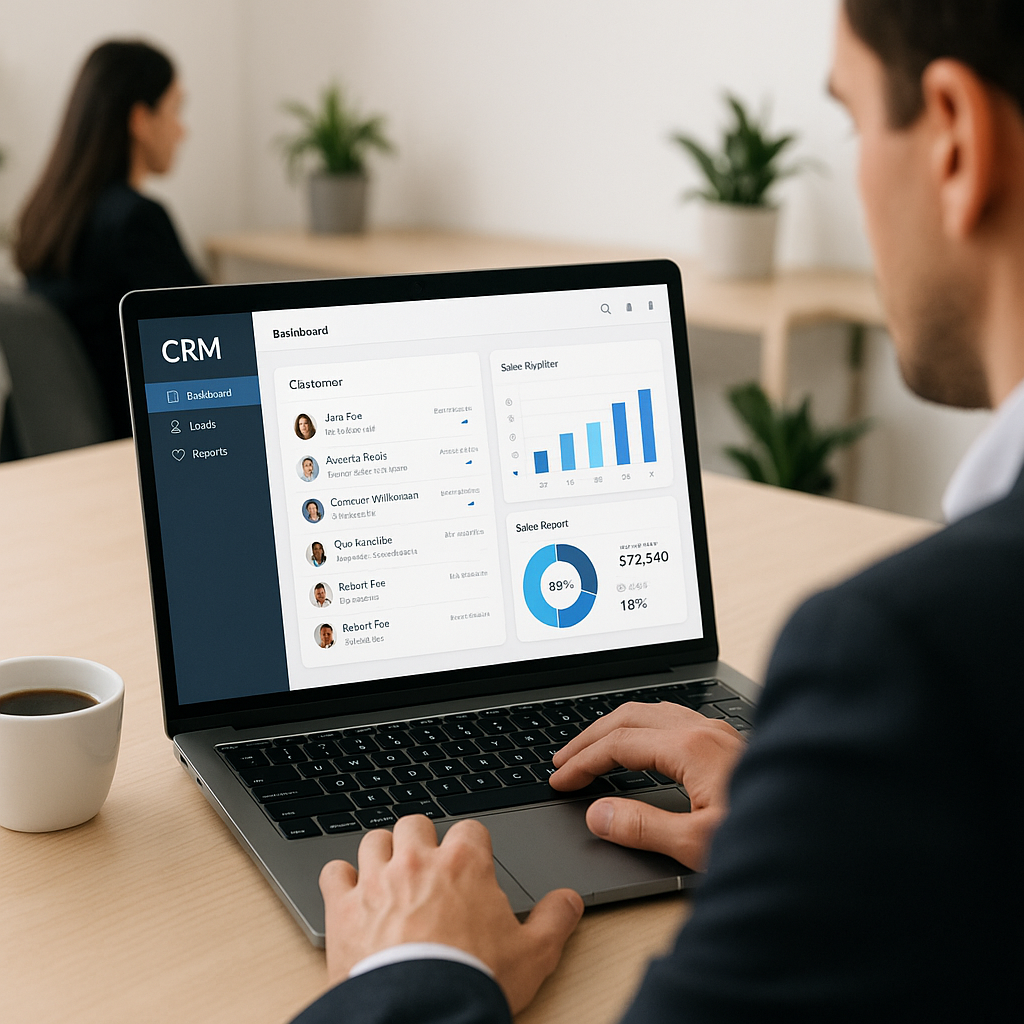How to Select the Right HRMS for Your Small Business in 2025
As a small business owner, I understand the many roles we juggle—from being the CEO to managing human resources. As our team expands, the complexity of managing our people grows exponentially. What used to be manageable with spreadsheets and manual processes can quickly turn into a chaotic, inefficient, and error-prone nightmare. This transformation is why I want to discuss something crucial for your business’s scaling journey: selecting the ideal Human Resource Management System (HRMS).
An HRMS is not just another piece of software; it is a powerful ally that streamlines and automates essential HR tasks. This enables us to save valuable time, maintain compliance, and enhance the overall employee experience. The right HRMS serves as a growth enabler that can help us transition from handling HR as an afterthought to effectively strategizing our workforce needs. Let’s explore how to choose the right one for your growing business.
Why Your Small Business Needs an HRMS
You might be thinking, “Is an HRMS necessary for our small size?” While it’s possible to manage without one, here are the key advantages an HRMS can provide, especially as you grow:
- Eliminate Spreadsheet Chaos: Bid farewell to version control nightmares and the endless cycle of data entry. An HRMS serves as a centralized hub where all employee data resides securely.
- Reclaim Your Time: Automating repetitive tasks—like payroll processing, leave requests, and onboarding—frees up essential hours for strategic initiatives instead of administrative tasks.
- Stay Compliant Effortlessly: Navigating labor laws and regulations can be overwhelming. A robust HRMS helps ensure that you remain compliant, substantially reducing the risk of penalties.
- Enhance Employee Experience: Self-service portals give employees access to their information, enabling them to manage requests and enhancing overall job satisfaction.
- Make Data-Driven Decisions: An HRMS provides insights into key metrics like headcount and turnover rates, allowing for informed decision-making as your business scales.
Key Considerations When Choosing an HRMS
Not all HRMS solutions cater to the specific needs of small businesses. Here are several critical elements to consider:
- Scalability: Choose a system that can grow with you. Look for flexible plans and features that can accommodate a rising number of employees and changing needs.
- Core Features: Identify your essential requirements first. Things like an employee database, payroll processing, leave management, and onboarding should be your priority.
- Ease of Use: If the system is complex, it won’t be utilized. Opt for a user-friendly interface that is easy for both HR personnel (even if it’s just you) and employees to navigate.
- Integration Capabilities: Ensure that the HRMS can seamlessly integrate with other software you’re already using, such as accounting tools or recruitment platforms.
- Affordability: Be aware of the complete pricing structure. Transparency is key—understand fees for additional modules, support, or even per-employee costs.
- Security and Compliance: Protecting sensitive employee information is paramount. Ensure the HRMS you select has robust security measures and complies with relevant data privacy regulations like GDPR.
Steps to Select the Right HRMS
Feeling overwhelmed? Here’s a simple step-by-step process to ease the selection journey:
- Assess Your Needs: Evaluate your current HR challenges and how many employees you anticipate having in the coming years. Pinpoint your must-have features.
- Do Your Research: Investigate various HRMS vendors catering specifically to small businesses. Read reviews and ask peers for recommendations to shortlist your options.
- Request Demos: Narrow your list to 3-5 vendors and schedule demonstrations. Prepare targeted questions regarding your specific pain points during these sessions.
- Check References: Ask vendors for references, ideally from businesses similar to yours. Their insights can provide valuable context.
- Consider a Trial Period: Many HRMS providers offer free trials. Use this time to test usability with a small group of users.
- Focus on Long-Term Needs: Think about future growth. A short-term fix could hinder your business when you need more advanced features.
Avoid Common Pitfalls
Choosing the right HRMS can have long-lasting implications. Be wary of these common pitfalls:
- Choosing Solely on Price: The cheapest option may not provide the best value. Consider its long-term scalability and functionality.
- Ignoring Implementation: A powerful HRMS is of little use if it’s poorly implemented. Invest time in training your team effectively.
- Not Involving Key Stakeholders: Involve your HR team early in the process to ensure that their needs and insights are considered.
- Neglecting Scalability: Revisit your future needs to avoid outgrowing your system quickly.
Conclusion
Selecting the right HRMS is an essential step for any growing small business. It’s a strategic investment that, when made wisely, will enhance efficiency, ensure compliance, improve employee satisfaction, and provide crucial insights for ongoing growth. By carefully considering your specific business needs, conducting thorough research, and planning for long-term growth, you can identify an HRMS that serves your current and future HR needs.
We at Best Choice specialize in helping businesses like yours navigate these choices, providing tailored IT solutions that focus on your growth. If you’re ready to elevate your HR management and streamline your operations, don’t hesitate to reach out for a consultation today!





